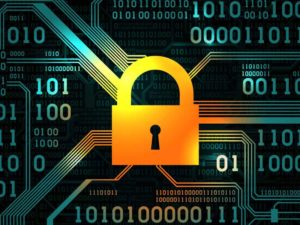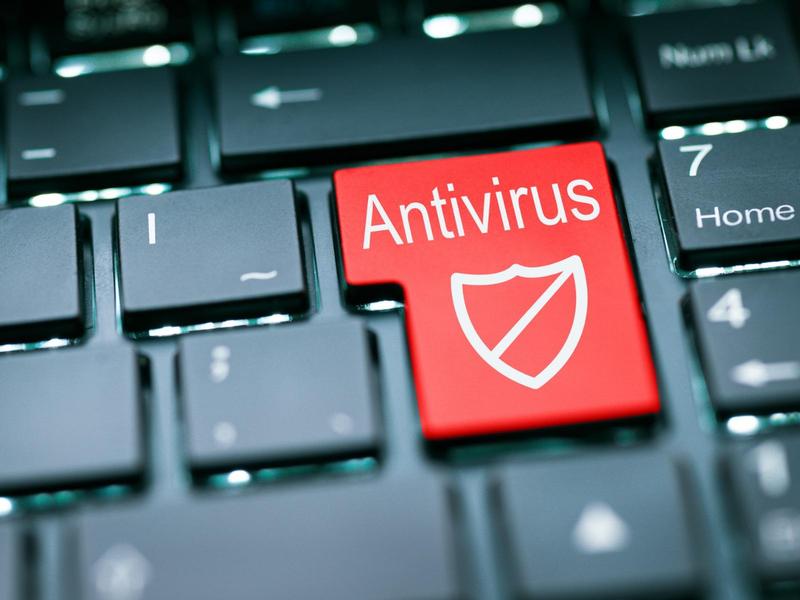
What is a computer virus?
A computer virus is a malicious program that is programmed to independently distribute and modify the work of other programs.
There are a myriad of viruses and they are classified according to the nature of their distribution, the operating systems they infect (it is possible to infect both a computer and a smartphone!) and on dozens of other grounds. But the most important division of viruses – on degree of influence on the information on your computer.
There are “harmless” viruses, the authors of which are looking for ways to penetrate computer networks and operating system vulnerabilities. However, the most popular “virus pests” are those that destroy files on a computer, steal or encrypt data for ransom.
How do viruses spread?
Viruses spread by copying their “body” into code or by replacing programs. It is important to know that not only executable files of programs (in MS Windows, as a rule, these are files with extensions .exe, .msi), but also files of text or tabular documents with macros, Adobe Flash files, downloaders and other files can be infected!
Typically, the virus’s algorithm consists of two steps: infecting the computer, an incubation period during which the virus does not manifest itself to the user, but only infects as many files as possible on the computer, removable media and the local network, and then comes the stage of malicious activity.
Can the virus corrupt the computer?
Yes! As you know, most of the hardware in our computer is regulated by programs, so interfering in these processes, you can cause electronic or mechanical damage to the computer.
This is what some ransomware viruses do, so if your computer tells you it is infected and gives you time to pay the ransom, and then promises to burn, it’s probably not a bluff.
How to “protect” against viruses?
Like humans, the modern computer has an immune system. For example, it is a built-in firewall in MS Windows, spam-filters of mail servers or security protocols of office packages, which do not warn the user about the lack of security to open documents downloaded from the Internet in edit mode and even more so to run macros in them.

However, these measures are not enough to make you feel confident about your data on your computer. That’s why almost 80% of computers around the world have antivirus programs or complexes that are familiar with the “behavior” of many hundreds of thousands of viruses and prevent infection, ensure the safety of surfing the Internet, carefully check e-mail attachments and so on.
Unfortunately, 100% security guarantee is not given by any antivirus – hackers come up with new pests every day, and the war of viruses with the “cure” for them will be endless. In addition, it is important to know that it is important not only to install the antivirus on your computer, but also to configure it properly. Another important rule of virus attack prevention is regular backups of files.
Can free antivirus be effective?
You will ask: “If no one gives a 100% guarantee against viruses, why pay for commercial anti-virus solutions and not install free anti-virus? Really, free antiviruses protect the computer and “treat” viruses, but paid copies analyze behavior of executed files and reveal potential threats, including from “non-existent” viruses.
Besides, as a rule, commercial anti-virus products have thin adjustment that allows to load system most effectively, without causing its “brakes”.
How do you know what is infected and what to do if you have viruses?
If you encounter a ransomware virus, you won’t have to guess that your computer is infected: the files will be encrypted, the system will be blocked, and most importantly, you will be made aware of who needs to be paid and how much to resume work. Don’t pay the crooks! Don’t panic! Turn off your computer and bring it to us!
In other cases, it is possible to understand that a computer is infected by slowing down (at this time the virus infects or spoils your files) or by incorrect operation of office applications. At the slightest suspicion, start the process of scanning the computer installed by the antivirus.
If the antivirus is not installed on the computer, it is possible to install it at this moment, but there is a great risk that the virus can make changes in the nominal operation of the antivirus tool.
Therefore, it is advisable to install a portable version of the antivirus on a removable medium (flash drive or external hard drive), but do it on a “clean” computer and run the scanning process in “safe mode”. And yet, if you want a 100% guarantee that viruses are free or removed from your computer, please contact a specialist.

